Michael Kruse
Managing Partner
Executive committee
Global Practice Leader - Energy, Utilities & Resources
Michael advises energy clients in organization design, operations and large-scale project transformation, focusing on power generation and transmission grid

Education
Past Experience

Michael is a Managing Partner at Arthur D. Little based in Zurich, and member of its Executive Committee. Leader of Arthur D. Little's Global Energy & Utilities Practice and co-head of Central European Energy & Utilities teams, Michael also oversees all company's Global Industry Practices. Michael is associated with Arthur D. Little’s Performance Practice.
Michael focuses on strategy and project development of large-scale capital investment programs in the power sector, including conventional and renewable energies as well as power grids. He gained extensive experience in the development of functional strategies and complex organization transformation within the energy sector. His most recent consulting work focuses on building the transmission grid of the future, nuclear generation as well as offshore wind and corporate transformation in the digital era.
Michael holds a Master of Science degree in Business Administration with Honors from the University of Muenster (Germany), specializing in Operations Management and International Management. He also holds an Associate Degree in Banking.
In his leisure time, Michael is passionate about hiking in the alps, triathlon as well as overlanding.

Small modular reactors

Time to renew your pilot’s license?

Powering India’s energy vision 2030

Disruption is now

The disrupted energy transition

The next big bang in emissions-free energy

Winning the productivity race in hydropower
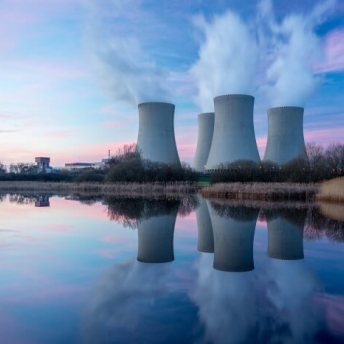
Finding the true north for local content definition in the nuclear industry

From sticky-notes to implementation
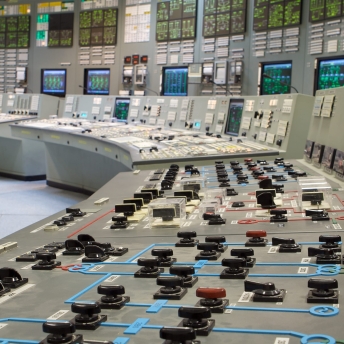
Nuclear Lean

Nord Stream 2 Economic Impact on Europe
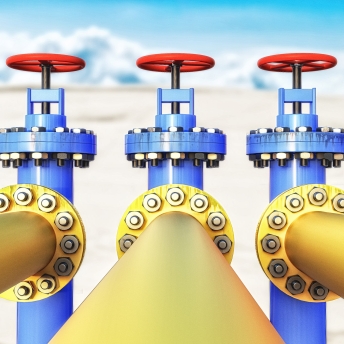
Fourth revision of the proposed amendment of the Gas Directive
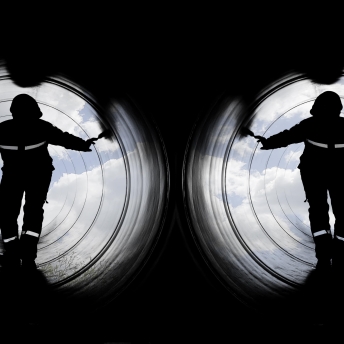
Gas Directive amendment and relations with third countries
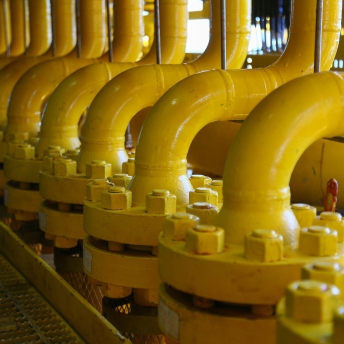
Proposed Gas Directive amendment and the EC-Gazprom settlement

Energy Journal – Utilities
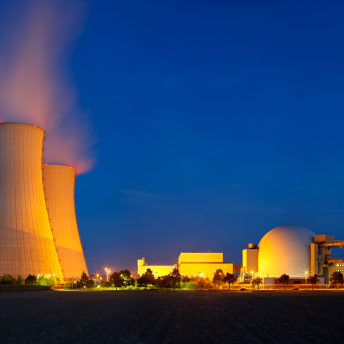
Nuclear failures

Analysis of the proposed gas directive amendment

Who dares to take the “monkey” on their shoulder?

Michael is a Managing Partner at Arthur D. Little based in Zurich, and member of its Executive Committee. Leader of Arthur D. Little's Global Energy & Utilities Practice and co-head of Central European Energy & Utilities teams, Michael also oversees all company's Global Industry Practices. Michael is associated with Arthur D. Little’s Performance Practice.
Michael focuses on strategy and project development of large-scale capital investment programs in the power sector, including conventional and renewable energies as well as power grids. He gained extensive experience in the development of functional strategies and complex organization transformation within the energy sector. His most recent consulting work focuses on building the transmission grid of the future, nuclear generation as well as offshore wind and corporate transformation in the digital era.
Michael holds a Master of Science degree in Business Administration with Honors from the University of Muenster (Germany), specializing in Operations Management and International Management. He also holds an Associate Degree in Banking.
In his leisure time, Michael is passionate about hiking in the alps, triathlon as well as overlanding.

Small modular reactors

Time to renew your pilot’s license?

Powering India’s energy vision 2030

Disruption is now

The disrupted energy transition

The next big bang in emissions-free energy

Winning the productivity race in hydropower

Finding the true north for local content definition in the nuclear industry

From sticky-notes to implementation

Nuclear Lean

Nord Stream 2 Economic Impact on Europe

Fourth revision of the proposed amendment of the Gas Directive

Gas Directive amendment and relations with third countries

Proposed Gas Directive amendment and the EC-Gazprom settlement

Energy Journal – Utilities

Nuclear failures

Analysis of the proposed gas directive amendment

Who dares to take the “monkey” on their shoulder?
More About Michael
- University of Münster (Germany)Master of Science in Business Administration
- German Chamber of CommerceAssociate Degree in Banking
- Capgemini ConsultingSenior Consultant
